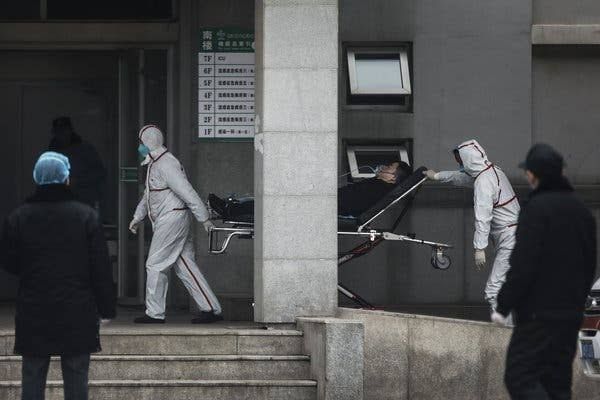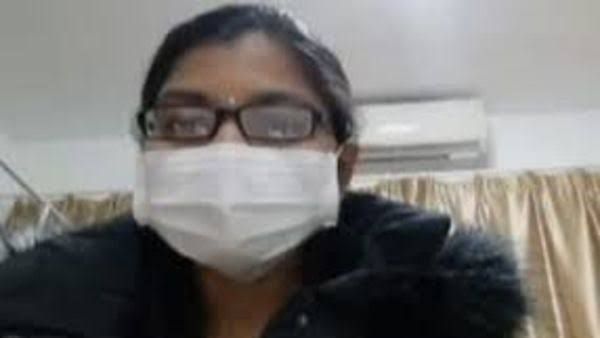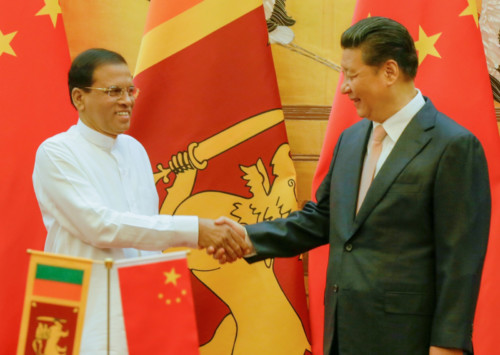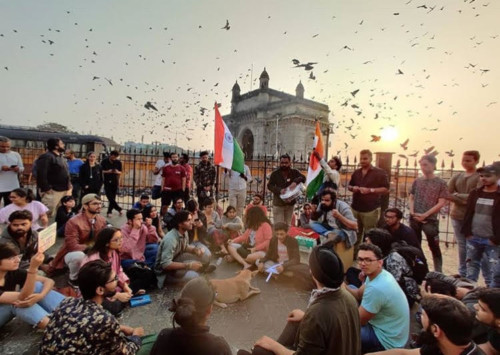Coronavirus epidemic
With three identified cases of coronavirus in the returnees from Wuhan, is India up to the mark in tackling this menace? Is India equipped with the necessary healthcare capabilities required to prevent, detect, and rapidly respond to a public health emergency?
The second airlift from China that brought back around 300 Indians on Sunday, makes a total of more than 600 Indians evacuated from the coronavirus-hit Chinese city of Wuhan. The returning passengers, including women and children, have been put up at two specialised quarantine centres set up in Delhi and Manesar by the Army and the Indo-Tibetan Border Police (ITBP) for further observation. With flights between India and China remaining suspended for the foreseeable future, the evacuation brought a sigh of relief among the returning Indians and their families. However, there are hundreds of more Indians who could need evacuation or urgent medical assistance.
One such case was that of a 22-year-old software engineer, Annem Jyothi, who was left behind in China with one of her Indian colleagues. Jyothi, who hails from Kurnool in Andhra Pradesh, has her wedding scheduled on 18 February and sent in an SOS through a video on social media, pleading to the Indian government to rescue her. “Though I do not have any symptoms of coronavirus, I was not allowed to board the flight to India because the officials said my body temperature was 37.5 degrees during the mandatory medical tests before the flight and that I could not be accommodated in any of the two flights,” she said in the video.
In December 2019, the capital city of China’s Hubei province, Wuhan erupted with multiple cases of a previously unknown type of pneumonia. Though the Chinese administration tried to keep a lid on the disease, hoping to keep it under check, soon enough cases began to rise dramatically as the disease spread widely with the number of confirmed cases soaring from 50 to about 17,000 in mainland China. Besides an increase of almost 20 pc in coronavirus cases on Sunday than the previous day, the country’s health authorities report that more than 360 people have died of the virus which exceeds the death toll of the 2003 SARS pandemic, which killed more than 6 pc of all the infected population in China.
Set against China’s 1.4 billion people, the number of coronavirus cases remains tiny; however, the virus has spread to 26 other nations, posing a serious threat to nations with weak health systems. ‘‘The main reason for this declaration is not what is happening in China but what is happening in other countries,” World Health Organisation (WHO) chief Tedros Adhanom Ghebreyesus said while declaring the coronavirus as a global emergency.
Although there has been no reported death of any Indian in China due to the virus, the conditions grow tougher each day. Dr. Himanshu Sharma, a medical intern at Guizhou University Hospital, some 900 kilometres from the epicentre of Wuhan, who recently returned to India tells Media India Group,“Due to the combination of Lunar new year holidays and the outbreak of coronavirus, supermarkets were mostly closed, some stores that were open ran out of drinking water and essential vegetarian food supplies, which can be a particular problem to Indians.” He added that the Chinese authorities might not be disclosing the true statistics for the infected and dead patients exactly like the SARS case, nearly two decades ago.
Is India’s Health Infrastructure sufficient?
According to the Global Health Security Index published in October 2019, China was placed at 51ST position among 195 countries, with considerably above average scores in most of the sections. China also surprised the world by building a new quarantined hospital of 25,000 square meters with 1,000 beds in merely eight days to deal with the coronavirus outbreak.
In contrast, India was placed at the 57th position with a below-average score in emergency preparedness and response planning and many other sections. The report pointed that densely populated countries with low literacy rates generally lack hygiene awareness and access to clean water, gloves, masks, and other amenities is limited at government-run medical centres which in any case are underprepared for major emergency crises.
With a marginal increase of 10pc in spending on health in the new budget announced on Saturday, health industry experts point out that even with an increase 25pc, the prospect of reviving the heath sector remains challenging. Dr. SP Byotra, Chairperson, Department of Medicine, Sir Ganga Ram Hospital, Delhi tells media that India needs at least one laboratory per state, while the condition is such that there is only one advanced enough laboratory in the whole nation to test the coronavirus samples.“Passengers from China are landing in all parts of India from Jaipur to Bengaluru. We need isolation facilities near all the airports wherever screening is happening to ensure that infection does not spread further,” Byotra adds.
With growing global travel, urbanisation and advances in biotechnology, the risk of a public healthcare mishap magnifies each day and prioritising it potentially strengthens a country and in turn, strengthens the global health security capabilities.















